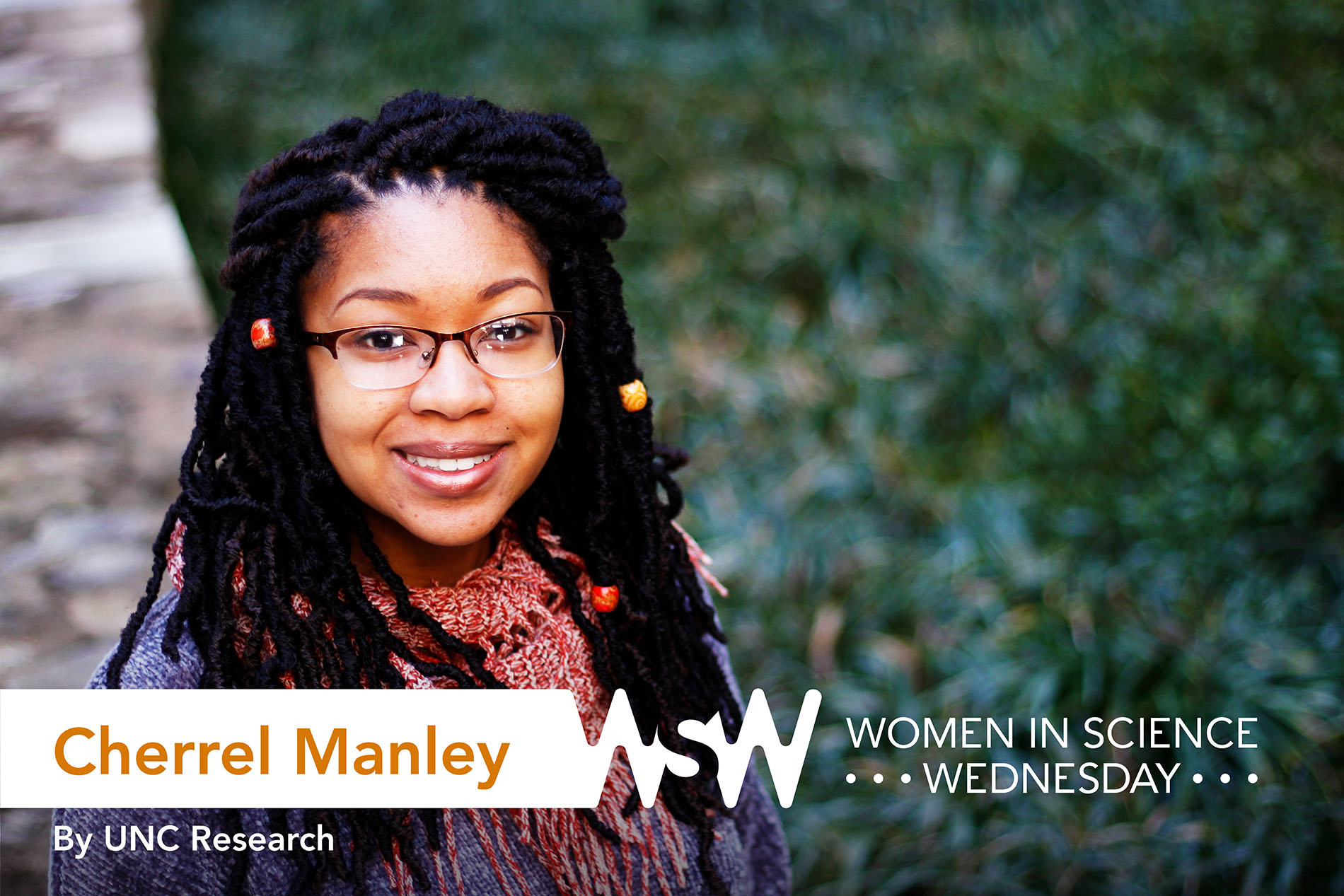When you were a child, what was your response to this question: “What do you want to be when you grow up?”
Describe your research in five words.
“Chemicals affecting moms and babies.”
An astronaut. I would shave the cream off Oreo cookies to model the various phases of the moon. I had the books and the toys — and I was so sure I’d see myself in outer space someday.
Share the pivotal moment in your life that helped you choose your field of study.
Sometimes in STEM courses, it’s easy to memorize the molecular pathway or the equation and forget the reasons why that information is important. I changed my major after taking Biology 101 with Kelly Hogan because I was making those connections. We don’t always emphasize the implications of the work we do. Whether it be biological, ecological, or something else, we would discuss how a specific problem would affect the entire system. This is when I began to understand how I could apply my knowledge in other settings.
Tell us about a time you encountered a tricky problem. How did you handle it and what did you learn from it?
I spent a summer in Seville, Spain, and took an organic chemistry class while there. Seville was beautiful and I learned a lot about myself and Spanish culture — but I really struggled with the course. It was fast-paced, and I ended up becoming really stressed. Eventually, I had a conversation with my professor, Cheryl Moy, who was very supportive and worked diligently with me inside and outside of the classroom to help me grasp the material and turn my grade around. I learned the importance of communicating with my professors and asking for help.
What are your passions outside of science?
I’m passionate about actively engaging and mentoring younger students. Growing up, I was blessed to have amazing teachers and professors who really pushed me to be my best me. And I think it’s important that we help other students explore their interests and find their own passions. Our passions inspire us to work for what we want, what we believe. They drive us.


